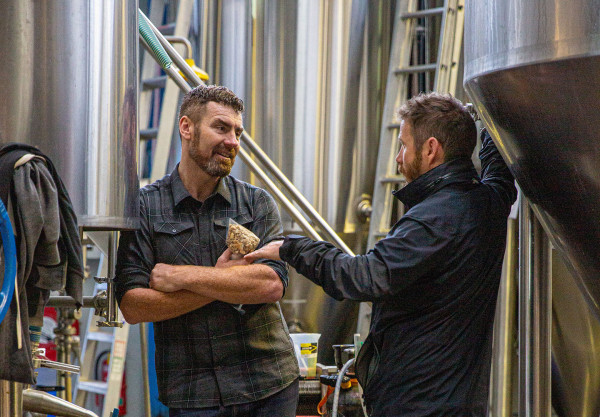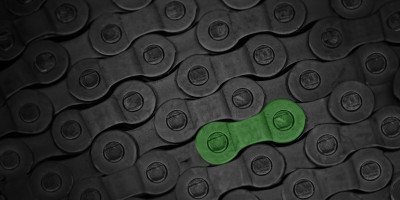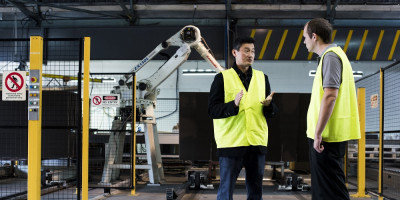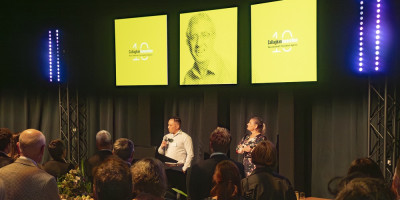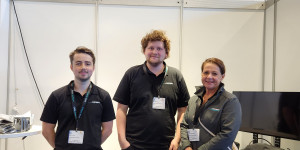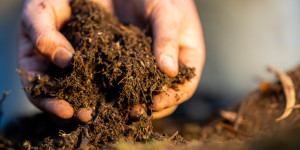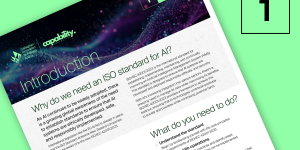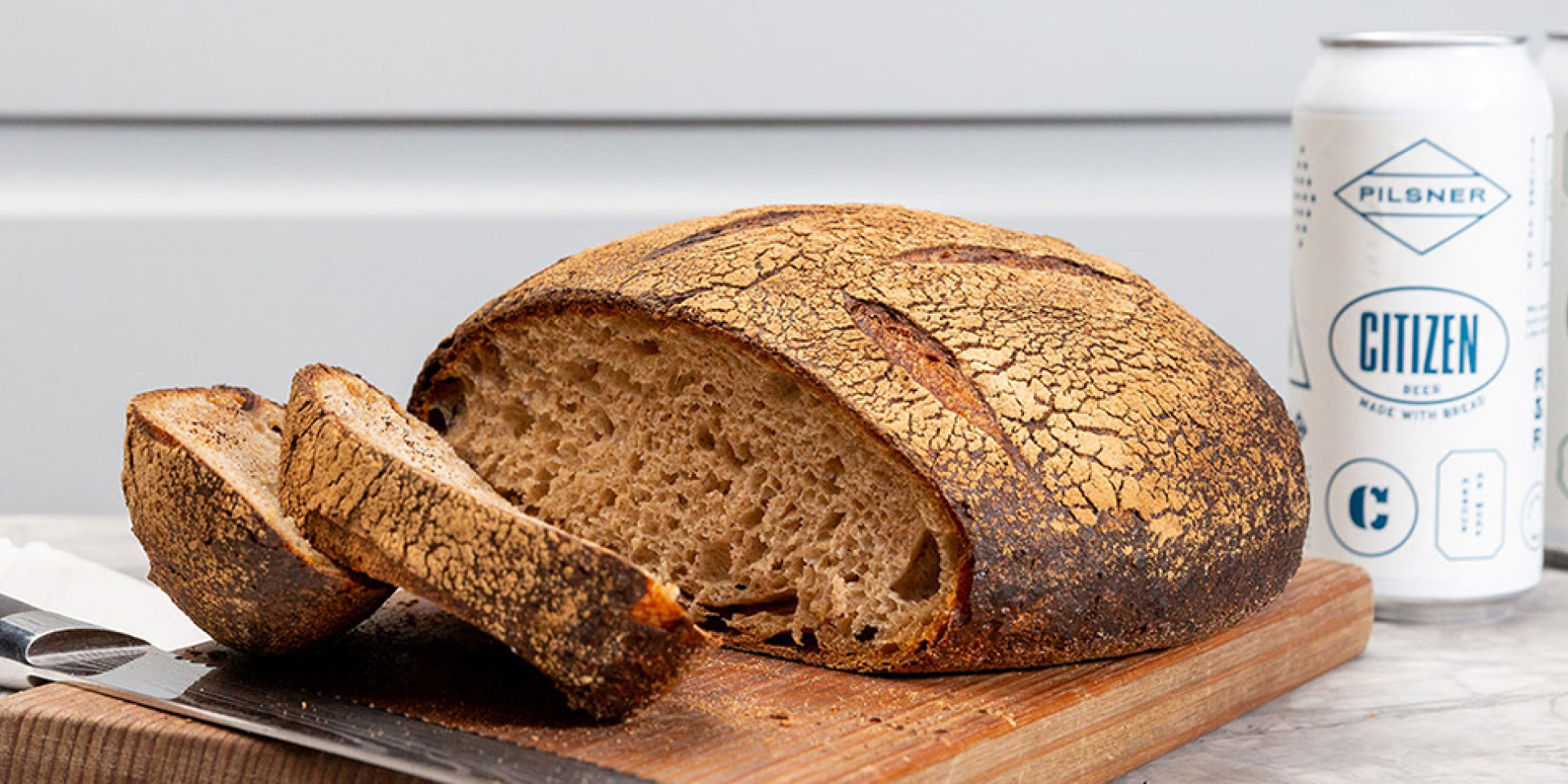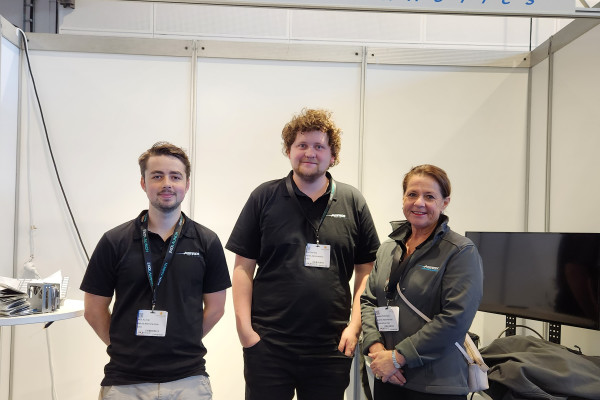From bread to beer and back again. Citizen, with the help of Callaghan Innovation, is using food waste and upcycling it into new food and drink products.
At a glance
- Inspired by overseas enterprises, and wanting to help reduce food waste in New Zealand, Citizen looked to rescue unsold bread, turn it into beer, then use that to make beer again.
- Citizen worked with food technologists at Callaghan Innovation and the New Zealand Food Network’s FoodBowl to develop innovative processes required to upcycle food waste.
- The business has already successfully launched a number of products, including bread, beer and piquettes, and has collaborated with the likes of BurgerFuel on an upcycled burger and cherry cola.
We walked into Callaghan Innovation with an idea – really we just had this concept – and they’ve been incredibly supportive from day dot.
- Don Shepherd, Co-founder, Citizen
Brewing ideas
29 million loaves of bread remain uneaten each year in New Zealand, according to the Love Food Hate Waste campaign. That makes it our most-wasted food.
For environmental entrepreneur Donald Shepherd, however, that waste presented a circular business opportunity: to turn bread into beer then back again into bread.
Shepherd spent the majority of the past two decades working in the UK, latterly with people and organisations innovating with food waste. These included Love Food Hate Waste, Michelin-starred chef and sustainability advocate Massimo Bottura, and food waste activist Tristram Stuart. And it was a venture set up by Stuart, called Toast, that directly inspired Shepherd.
“We looked at the idea ourselves and thought there was still some real validity there. And as we started doing more research into the companies turning bread into beer - which in itself is great - we realised that was where it stopped,” explains Shepherd.
“There is all this nutritionally high-value spent grain that’s left at the end of the brewing process that other people are doing different things with, such as crackers or animal feed, but there didn’t seem to be that next step of refining it and turning it into a spent-grain flour.”
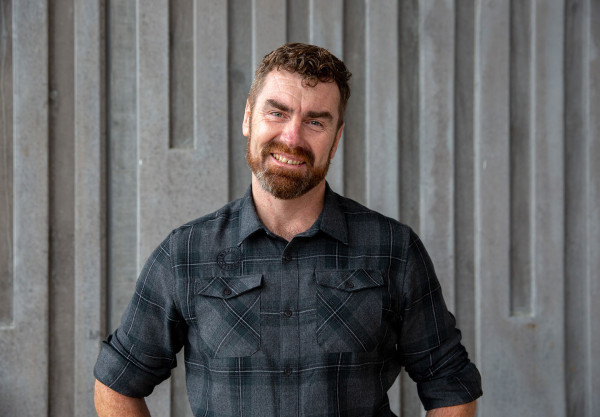
Don Shepherd
A collective approach to R&D
Citizen calls itself a collective, and crucial to the collective, says Shepherd, are a range of ‘friends and partners’ like Callaghan Innovation, which has helped develop some of the innovation behind the business.
“We walked into Callaghan Innovation with an idea – really we just had this concept – and they’ve been incredibly supportive from day dot,” Shepherd says.
Part of that help has seen food technologist Campbell Ellison, as well as staff from the New Zealand Food Innovation Network’s FoodBowl hub, working together to develop processes required to turn the waste bread into beer, then beer waste into spent-grain flour to turn back into bread.
While Citizen was able to glean some insights from Toast, experimentation and innovation was still required on a number of fronts, says Ellison.
To minimise waste and maximise taste, for example, the company wanted to capture both the barley husks from the beer mash to make flour, but also retain the leftover malty liquid for use in bread-making.
To do this, Ellison explains, not only did processes need to be developed to carry out these tasks, and at scale, but also so they complied with higher food safety standards. Added to this were requirements for the processes to be optimised for energy efficiency, and to produce nutritious and delicious end products.
“They had a strong idea to start with,” says Ellison, “and while they didn’t necessarily know all the ins and outs, they were open to looking for help and getting the right people involved. Ultimately, they’ve stuck to their idea, and pushed it along to get it commercialised well within a year, which is a real achievement.”
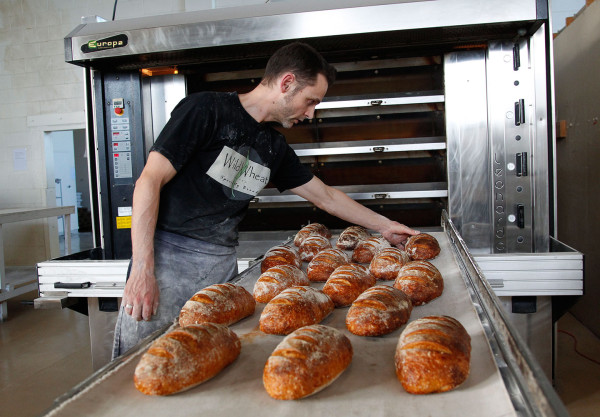
Baker Andrew Fearnside of Wild Wheat
Onwards and upwards with upcycling
Citizen launched its first products - two beers (a Pilsner and a Pale Ale) and a malty spent-grain sourdough - back in 2020, before ongoing product development work saw the likes of different piquettes (a low alcohol ‘wine’) being launched also.
In doing so, Citizen has upcycled over 500,000 slices of bread and counting. Plus, the unused plastic bread bags they receive the unsold fresh supermarket bread in, they get upcycled into making fence posts, meaning Citizen have prevented around 25,000 plastic bags going to landfill.
As well, product development work is ongoing, says Shepherd. There are more opportunities to explore with wasted bread, including further products made using spent-grain flour, and making beverages from fermented bread. And, there’s options for Citizen to turn its attention to New Zealand’s second-most wasted food product - vegetables.
“We’re an innovation-led organisation so we’ll continue working with people who share our values and are experts in their own space, but are also willing and wanting to collaborate, learn and evolve,” Shepherd says.
That collaboration work has in fact seen Citizen already work with BurgerFuel to craft a rescued food burger and cherry cola.
